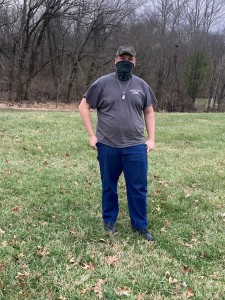 At any other time, the message that Jacob Downing (Welding) received from his family may have been innocuous.
At any other time, the message that Jacob Downing (Welding) received from his family may have been innocuous.
It simply asked him to take a look at the weather, as the internet was out at home.
But it wasn’t just any other night.
That night, Kentucky would be struck by a powerful storm – one that would go on to rival the infamous 1974 tornado that is still on record as a part of one of the worst tornado outbreaks in American history.
And Downing’s home – and his family – were in its path. They were already experiencing strong enough winds to blow open a pair of French doors in the basement.
They were worried that it would only get worse.
“I was watching the storm and I was praying to God it would not go the main town of Leitchfield or anywhere south of it,” he said, noting that his family lives a little south of that area. “I saw the storm taking a beeline really close to Leitchfield, but it hit the Rough River area.”
The tornado, after narrowly missing his hometown, continued on its path, intersecting close to Downing himself. It didn’t actually hit him, but it was a close shave.
“I felt it in the ground when it passed,” he said. “I definitely heard it through the walls…It’s like a windy roar.”
And the damage the tornado did do was staggering, destroying homes and businesses and taking more than 70 lives, according to the New York Times. Its path of destruction included Mayfield, Benton, and multiple other small communities.
Downing counts his blessings that he and his family weren’t in that path of destruction.
But he wasn’t going to ignore the people who were.
“I felt really bad for Mayfield. Soon after it got hit and it passed them, there was a slew of reports coming in that there were homes gone, foundations ripped away,” he said. “As a kid, growing up in my family, I’ve been raised to do the right thing and help your neighbor out when you see it. Sure, they may be on the other side of the state, but they’re just a neighboring community in the state.”
Although he had resolved to do some good for the community, Downing had trouble finding a way to actually get out there. Most were full up on people or had isolation requirements that were unfeasible for him within the time he had.
So Downing started looking into the needs of the community independently and discovered that they didn’t need the usual things one might expect. They were full up on things like bottled water. What they did need, however, was boxes.
“I decided to jump in on it. My next question to myself was how might I be able to do that? Where might I be able to get these boxes from?” Downing said. “So I thought about it for a bit, and I decided to check around the local businesses and residences of Leitchfield to see if they wouldn’t mind chipping in. To my surprise, an abundance of retail businesses and small stores decided to give.”
So, with a van full of boxes, Downing started on the long journey to Mayfield. He would drive for almost three hours.
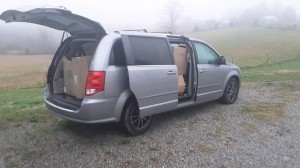 It was 20 days after the tornado, after FEMA had assessed the damage.
It was 20 days after the tornado, after FEMA had assessed the damage.
It didn’t take long to see the storm’s aftermath.
“It was a mile wide, and the path came across the interstate diagonally,” he said. “The trees were cut in half. Not like by a chainsaw, but by nature itself. They looked like sharpened toothpicks…This tornado was so strong, there was no grass in its path. It was all mud.”
And that was just in Dawson Springs.
“I thought that was bad, but when I got near Mayfield it was ten times worse,” he said. “Every time I crossed its path, it got wider and worse.”
Trees had been shredded, buildings were simply gone, steel power line towers ripped apart.
“It looked like something out of a movie,” Downing said. “In most disaster movies or action films, you’d see a giant American flag waving in the wind. That’s what they had up there. At that moment, the sky opened up partially, and I see sunlight coming down…Seeing that made me want to cry.”
And Mayfield itself made it even worse.
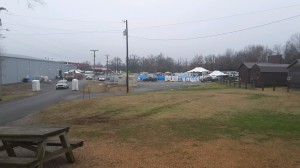 “Buildings were unrecognizable. Some buildings were just flat-out gone, and then the foundations were gone,” he said. “There was just nothing left…Those people were just at the mercy of the storm.”
“Buildings were unrecognizable. Some buildings were just flat-out gone, and then the foundations were gone,” he said. “There was just nothing left…Those people were just at the mercy of the storm.”
Downing found his way to the supply depot that had been set up at the fairgrounds and dropped his cargo.
He remembers a conversation with a member of the National Guard.
“I explained my whole situation to him and how I got there…he says, ‘Son, I want you to hear me now. I hope your parents are very proud of you for doing what you just did.’” Downing said. “‘Not a lot of people your age would have the guts or bravery or courage it would take for you to do something like this. There’s a select few of you who are, just like you. And those people will go on to become natural born leaders.’”
Downing saw his actions as minor, but recognized that at the same time, he provided something vital to the people of Mayfield.
“It may have been small from what I would have liked it to have been, but it probably meant a lot more to someone else in the grand scheme of things,” he said. “That much, at least comforts me to know. Someone got something to pick up their life from the ground with. They can start over.”
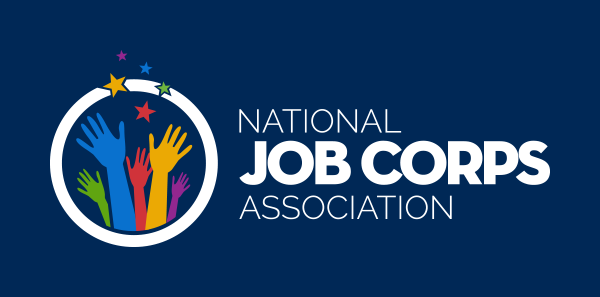
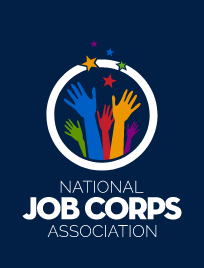
 JOB CORPS
JOB CORPS